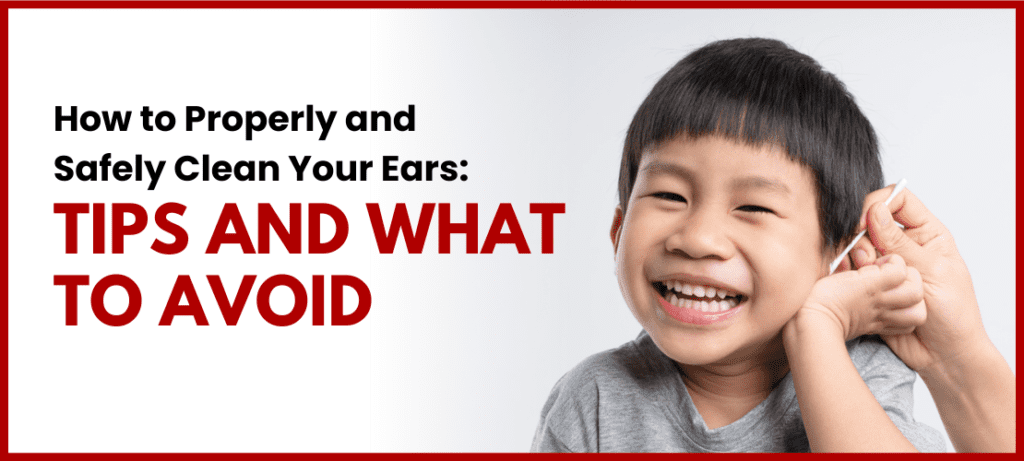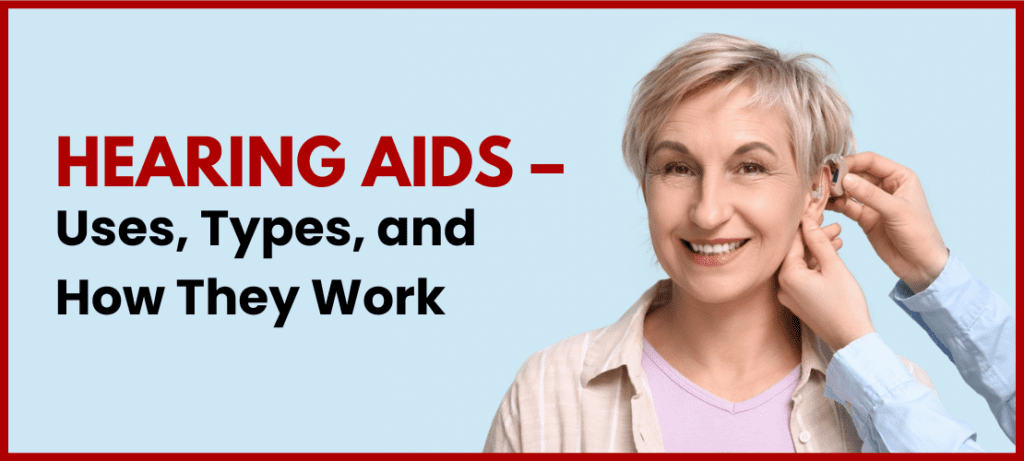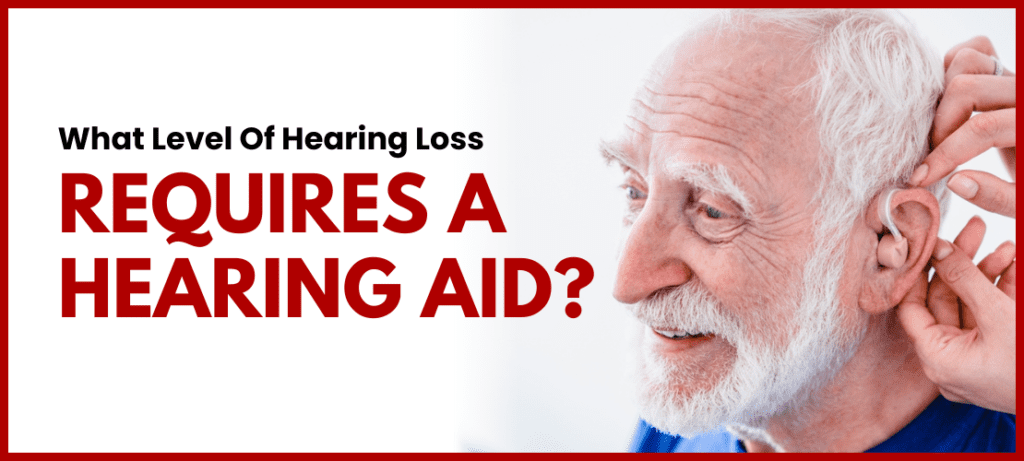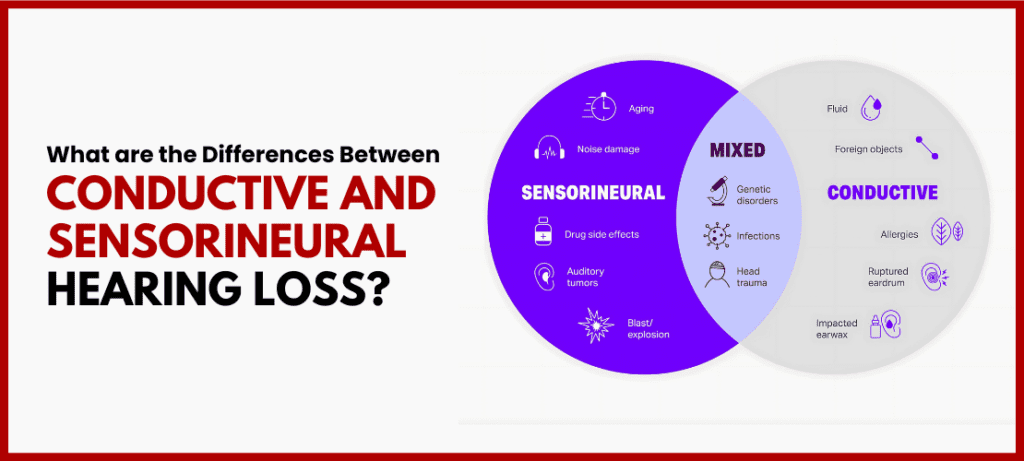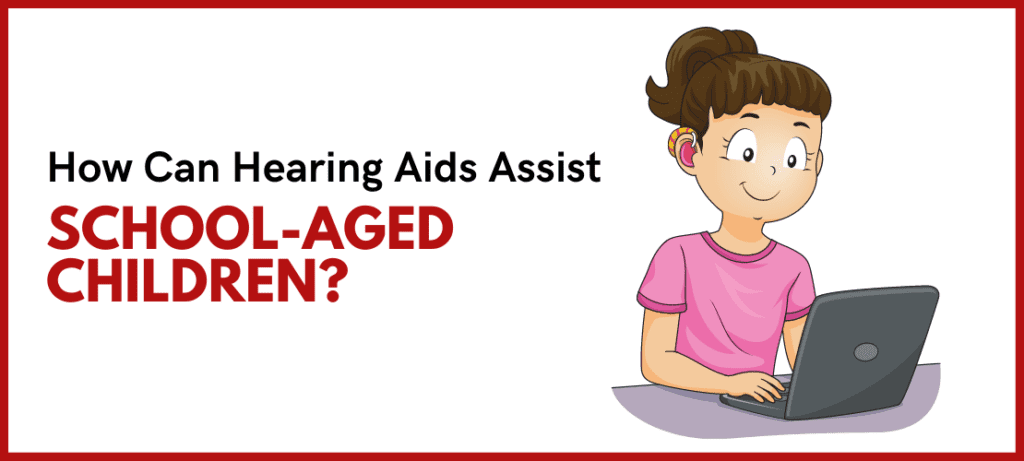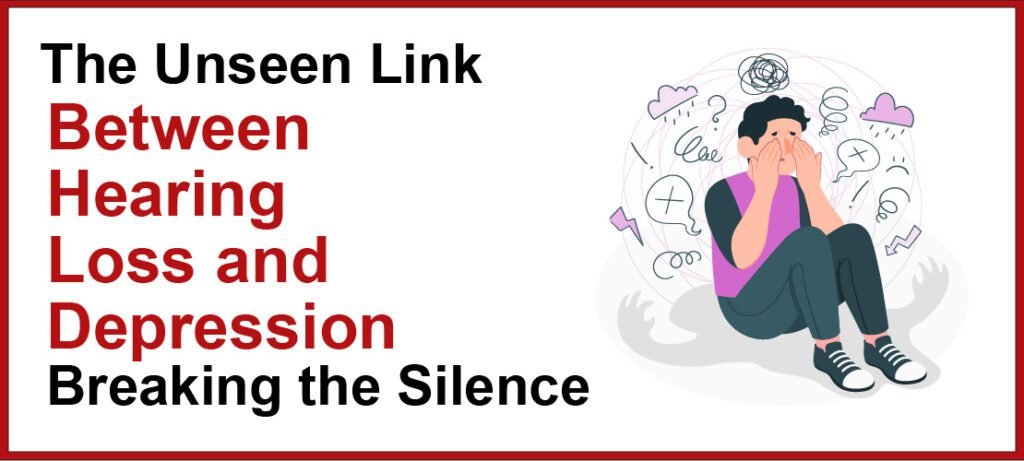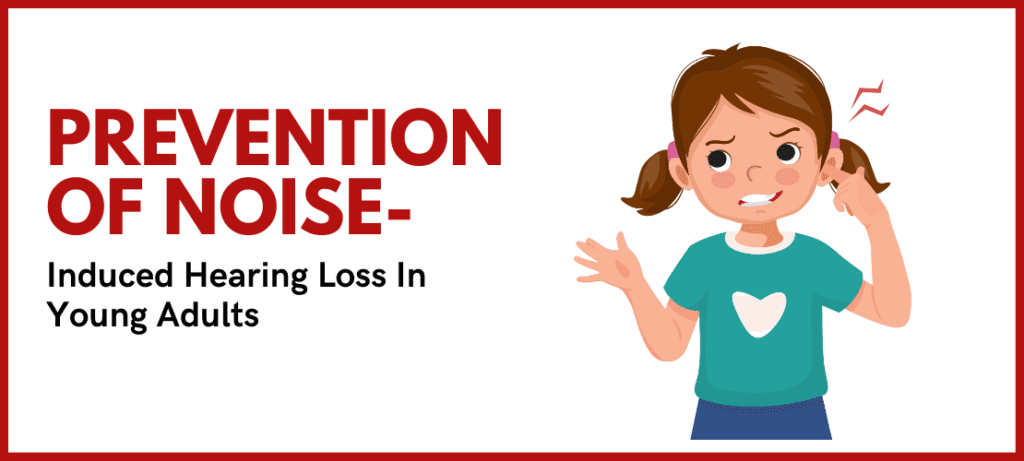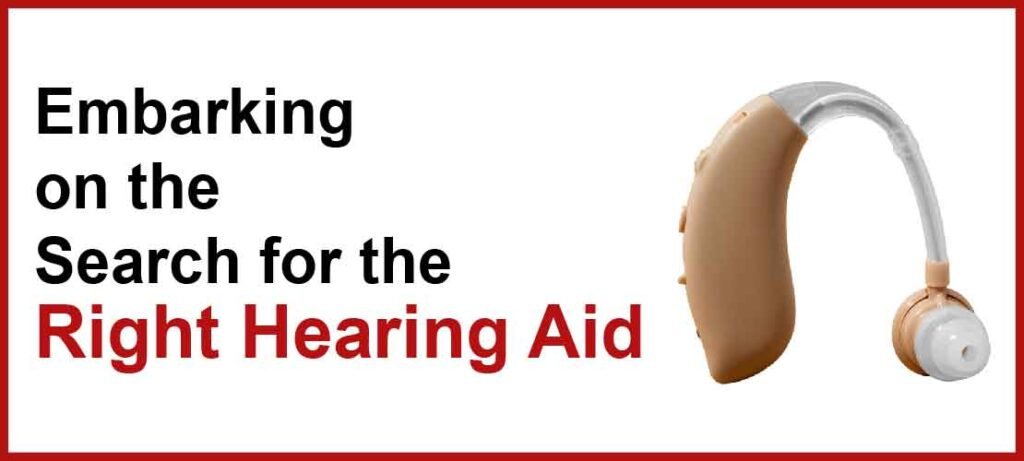How Can Hearing Aids Assist School Aged Children?
Table of Contents

If your school going child has recently been detected with hearing loss issues by a good hearing aid centre in Mumbai, it is natural for you to have certain questions and concerns. The first step that you can take towards your child’s hearing health is to get them fitted with a good quality hearing aid. Hearing loss is closely associated with speech and language skill development. To make sure your child doesn’t lag behind in these two essential areas of learning, provide them with an appropriate hearing loss treatment at the earliest.
The concept of childhood hearing loss
If a child can’t hear sounds below a certain level of volume, they are likely to be suffering from hearing loss. The minimum threshold of audible volume ranges from 15 to 20 decibels (dB). Some children might suffer from mild hearing loss. Others might have a moderate or profound hearing loss. Depending up on the hearing test results, childhood hearing loss can be unilateral (in one ear) or bilateral (in both ears).
Loss of hearing isn’t just a matter of volume. It also involves the loss of pitch or frequency. Hearing loss affects different children differently. Some might face issues in hearing a low pitched sound but hear high pitched sounds easily. Others might face just the reverse of this. It is necessary to know the degree of hearing loss in one or both ears of your child in order to fully understand their hearing loss and get the right treatment.
Signs of hearing loss in school aged children
- No reaction to loud sounds
- Inability to detect the sound source
- No experiment with making different sounds
- Asking people to repeat themselves
- Not being able to follow a conversation
- Need to turn up the radio or TV volume
- Experience frequent ringing in the ears
- Constant ear ache or fluid sensation
- Dizziness or balance problems
- Inattentiveness or poor concentration
- Mispronouncing words
- Deterioration in progress at school
- Behavioural problems or social difficulties
Probable causes behind childhood hearing loss
- Premature birth
- Medication that lead to hearing loss
- Inherited from a family member
- Multiple ear infections
- Frequent exposure to very loud sounds
- Congenital conditions
- Coronary artery disease
- Damage to cochlear or auditory nerve
- Ear wax build up
- Exposure to chemicals
- Tumors
- Damage from a trauma or an injury
Hearing tests conducted for children
Auditory brainstem response test
- Tiny earphones placed in the ear canals
- Small electrodes placed behind the ears and on the forehead
- Clicking sounds sent through earphones
- Hearing nerve’s response to sound measured by earphones
Play audiometry
- Sounds played through headphones or speakers
- Children asked to perform simple tasks while hearing the sound
- Pitch and volume of the sound varied to determine the child’s degree of hearing loss
Pure tone audiometry
- Machine generated sounds played at different frequencies and volumes
- Sounds played through headphones
- Children asked to respond by pressing a button
Bone conduction test
- Test carried out through headphones, speakers or a small vibrating device placed behind the child’s ear
- Sound passed directly through the bones in the head to the inner ear with the help of these devices
- This helps identify which part of the ear is affected due to hearing loss
Tympanometry
- Test carried out to determine the flexibility of the ear drum
- Soft rubber tube placed at the entrance of the ear
- Air is gently blown down the tube
- Sound is played through a small speaker
- Bounced back sound is measured by the tube
Middle ear muscle reflex
- Test performed to check how well an ear is performing
- Soft rubber tip placed in the ear canal
- Series of loud sounds sent into the ear through tips
- Trigger of sound reflex recorded by a machine
- Can also be performed while a child is sleeping
Types of hearing losses in children
Whether your child suffers from mild, moderate, severe or profound hearing loss, their impairment falls in one of these three categories:
Sensorineural hearing loss
- Can occur as a result of inner ear has a structural problem
- Is usually permanent in nature
Conductive hearing loss
- Caused by blockage in transmission of sound or an ear infection
- Is usually mild, temporary and can be treated with medicine or surgery
Mixed hearing loss
- Combination of both sensorineural and conductive hearing loss
- Can be temporary or permanent, depending up on the severity
Components of a hearing aid
If you wear a hearing aid, it gradually becomes your best friend. It is essential to know how your best friend helps you to listen better. Here is a list of the components that a hearing aid typically comprises of:
- Microphone – Picks up sounds and sends them to the amplifier
- Amplifier – Converts sounds into electrical signals and sends it to the receiver
- Power source – Refers to the battery that supplies power to the device
- Switch – Used to turn the device on or switch it off
- Wire – Transmits power signals to the speaker
- Receiver – Delivers sound to your ear after the sound has been amplified
How do hearing aids help children?
If your child is facing hearing loss issues, it is essential for you to get them tested by an audiologist and start the treatment at the earliest. Hearing aids can help your child develop better social and communication skills. There is a variety of hearing aids available in the market. Depending up on your child’s case, the audiologist will suggest what kind of a hearing aid to go in for.
The different types of hearing aids are:
- In the ear
- Behind the ear
- In the canal
- Receiver in the ear
How to make your child feel comfortable with the hearing aid?
If your school going child is suffering from hearing loss, they might tend to feel alienated amongst fellow students at school. This might happen as a result of having to consistently wear the hearing aid. You must communicate to your child about what they’re going through and how they’re feeling about it. Ensure them that you’re there by their side in this entire journey of treating hearing loss. This will help them become more confident and feel a lot more independent.
Quality Hearing Care is the best hearing aid centre in Mumbai. If your child is suffering from loss of hearing, visit us to provide them with the best quality hearing aids which will assist them that they’ll feel at par with their peers in school.
Related Post
-
 Hearing Loss: Types, Symptoms, Causes & Treatment
Hearing Loss: Types, Symptoms, Causes & Treatment -
 Age-Related Hearing Loss (Presbycusis)
Age-Related Hearing Loss (Presbycusis) -
 How to Safely and Properly Clean Your Ears- Methods & What to Avoid
How to Safely and Properly Clean Your Ears- Methods & What to Avoid -
 Hearing Aids- Benefits, Different Styles/Types and How They Work
Hearing Aids- Benefits, Different Styles/Types and How They Work -
 What Level Of Hearing Loss Requires A Hearing Aid?
What Level Of Hearing Loss Requires A Hearing Aid? -
 Differences Between Conductive and Sensorineural Hearing Loss
Differences Between Conductive and Sensorineural Hearing Loss -
 When is the correct time to upgrade Hearing Aids?
When is the correct time to upgrade Hearing Aids? -
 How Can Hearing Aids Assist School Aged Children?
How Can Hearing Aids Assist School Aged Children? -
 The Impact of Hearing Loss on Cognition
The Impact of Hearing Loss on Cognition -
 Hearing Resides in Your Brain, Not Just Your Ears
Hearing Resides in Your Brain, Not Just Your Ears -
 Exploring Link Between Hearing Loss and Depression_ Breaking the Silence
Exploring Link Between Hearing Loss and Depression_ Breaking the Silence -
 New Hearing Aids? Here’s How To Make The Most Of The Device
New Hearing Aids? Here’s How To Make The Most Of The Device -
 The Unseen Link Between Diabetes and Hearing Loss
The Unseen Link Between Diabetes and Hearing Loss -
 Prevention of Noise-Induced Hearing Loss In Young Adults
Prevention of Noise-Induced Hearing Loss In Young Adults -
 Embarking on the Search for the Right Hearing Aid
Embarking on the Search for the Right Hearing Aid



